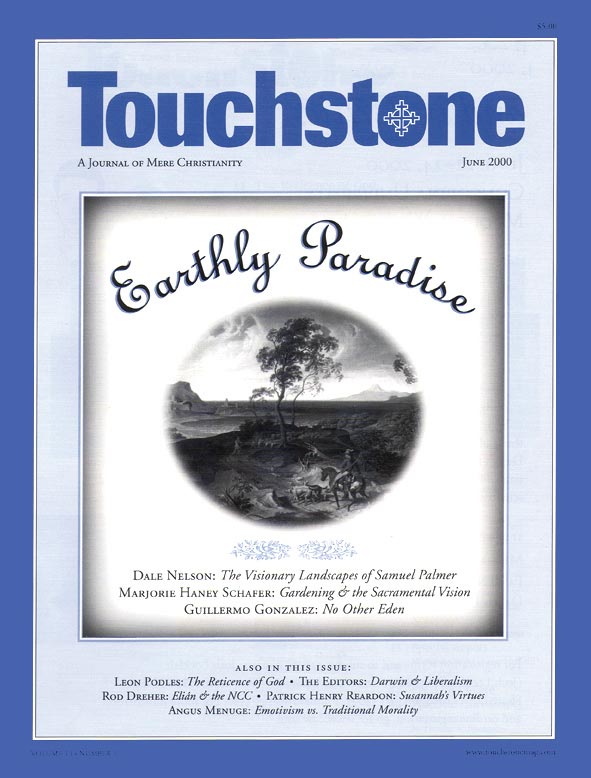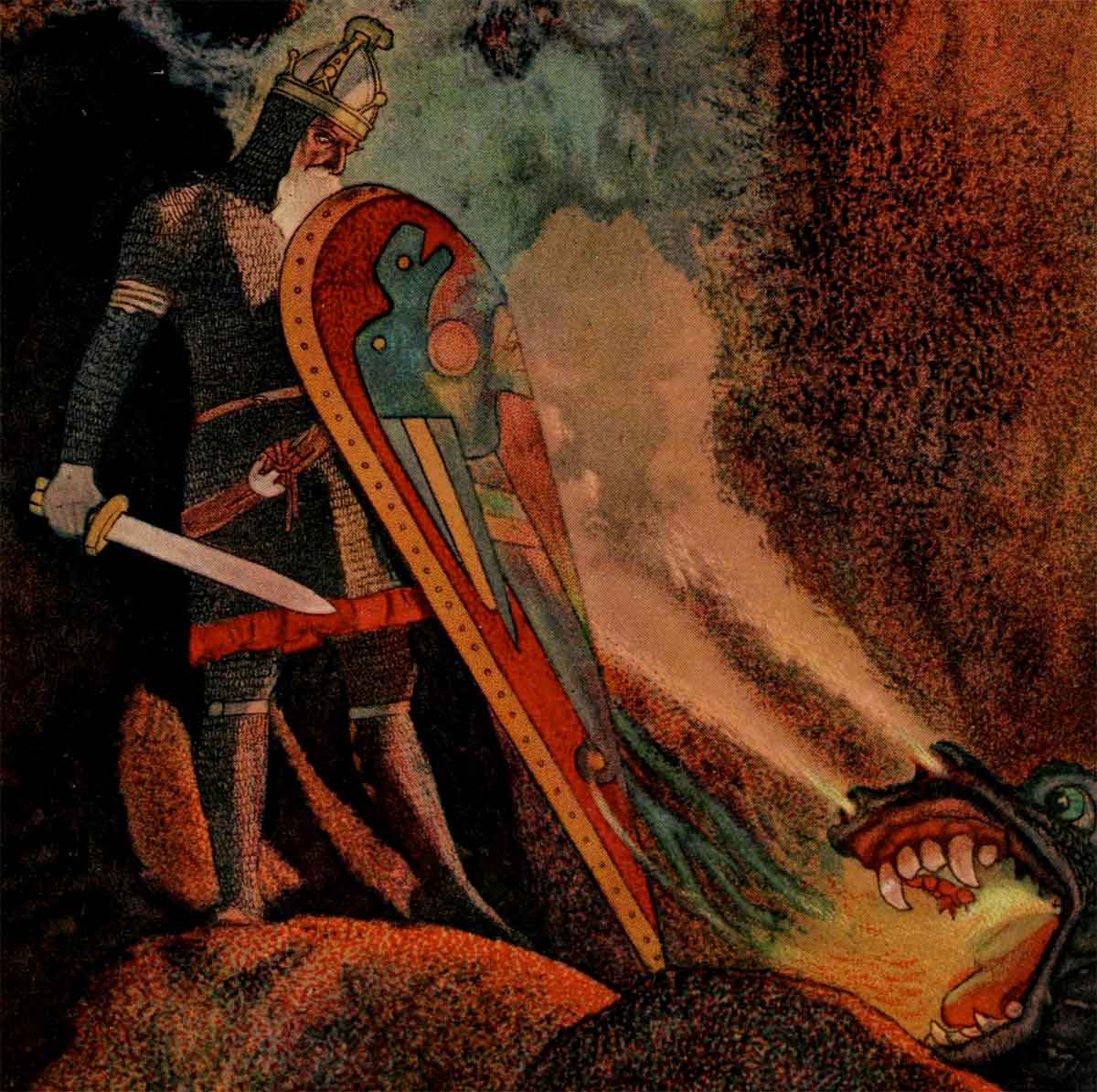Evil & Computer Diversions
Eric Scheske on Spending Time
In the late 1980s, George Gilder predicted the death of television as we know it. In his book Microcosm, Gilder said digital video information would eventually “command a global cornucopia of programming and nearly infinite libraries of data, education, and entertainment, with full interactivity at the behest of the customer, while television will be heavily tied to the . . . broadcasts of centralized media.”
His prediction recently took a huge step forward through a new technology known as “interactive television.” This new form of entertainment allows the television viewer to “interact” with the action on the screen through the Internet. Using a computer mouse, the viewer can change the camera angle, download scenes and paste them together differently, retrieve information, and in the future perhaps even influence the show’s events.
In watching sports, for instance, the viewer will not be restricted to seeing only what the director thinks is relevant. He will be able to absorb the game from various vantages. If he likes one particular player, he will be able to focus on that player throughout an entire play, even if the player is not involved in the action. He will be able to rerun replays as often as he likes until he thoroughly understands what happened. He will be able to retrieve statistics while he watches the game. He will be able to communicate with other fans throughout the country as they watch the game.
It sounds like a lot of fun. I look forward to it.
Just Fun
But it is just television watching taken one step further; I don’t see it offering much else. However, I think it will be received as something greater, as a real advance, both in pundits’ praises and, more damagingly, in the minds and souls of the technology’s users. I suspect the effect will be similar to the effect of popular fiction, but worse.
In reading pop fiction, the only intellectual pursuit in the novels is the reading: the raw, naked processing of words. There is usually nothing else. The reader gets the same stimulation from a contemporary novel as he gets from a movie, except (so I hear every time I go to a movie made from a book) the movie lacks the detail and the subplots and sidelines.
The difference between the movie and the book is one of degree, not of kind. Neither poses questions about the higher things in life, offers intellectual struggle, or leads the reader to wisdom. The characters do not grow in any but the most hackneyed ways, and the story offers no insights into life, no ideas worth struggling with, just clichés to be reaffirmed. The book, like its offspring movie, is all plot and action, all stimulation of the appetites.
There is nothing wrong with relaxing and being entertained, but the reader of pop novels seems to think he is engaged in a higher pursuit, that finishing a string of mysteries and romances is an intellectual accomplishment. The pop reader often seems proud of his intellectual accomplishment as his list of finished books grows longer, even though the books have scarcely deepened his understanding, though they may have taught him lots of facts about the world (usually about exotic vacation spots and expensive consumer items, but sometimes more useful information).
Internet surfing does a similar thing. It gives the impression that we are accomplishing something when we really aren’t. We scan lots of truly interesting pages, look at dozens of promising links, pick up bits and pieces of useful information here and there, and even find the occasional arresting insight. When a person surfs the Internet, he seems to be doing something productive, but he is not, just as the reader of pop fiction thinks that his reading is a form of intellectual accomplishment but is not.
subscription options
Order
Print/Online Subscription

Get six issues (one year) of Touchstone PLUS full online access including pdf downloads for only $39.95. That's only $3.34 per month!
Order
Online Only
Subscription

Get a one-year full-access subscription to the Touchstone online archives for only $19.95. That's only $1.66 per month!
bulk subscriptions
Order Touchstone subscriptions in bulk and save $10 per sub! Each subscription includes 6 issues of Touchstone plus full online access to touchstonemag.com—including archives, videos, and pdf downloads of recent issues for only $29.95 each! Great for churches or study groups.
Transactions will be processed on a secure server.
more from the online archives
calling all readers
Please Donate
"There are magazines worth reading but few worth saving . . . Touchstone is just such a magazine."
—Alice von Hildebrand
"Here we do not concede one square millimeter of territory to falsehood, folly, contemporary sentimentality, or fashion. We speak the truth, and let God be our judge. . . . Touchstone is the one committedly Christian conservative journal."
—Anthony Esolen, Touchstone senior editor









